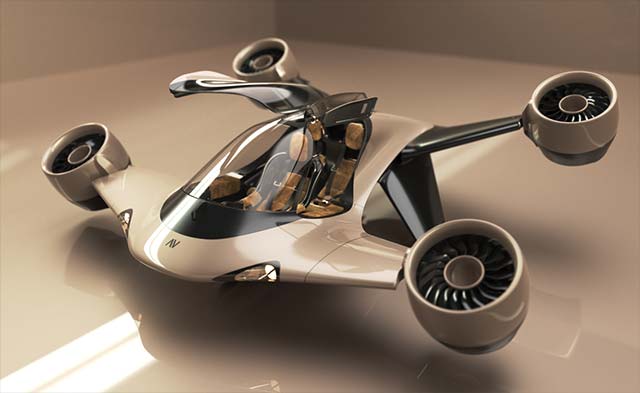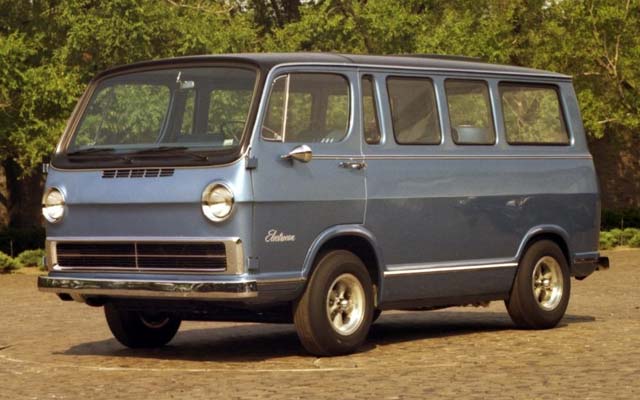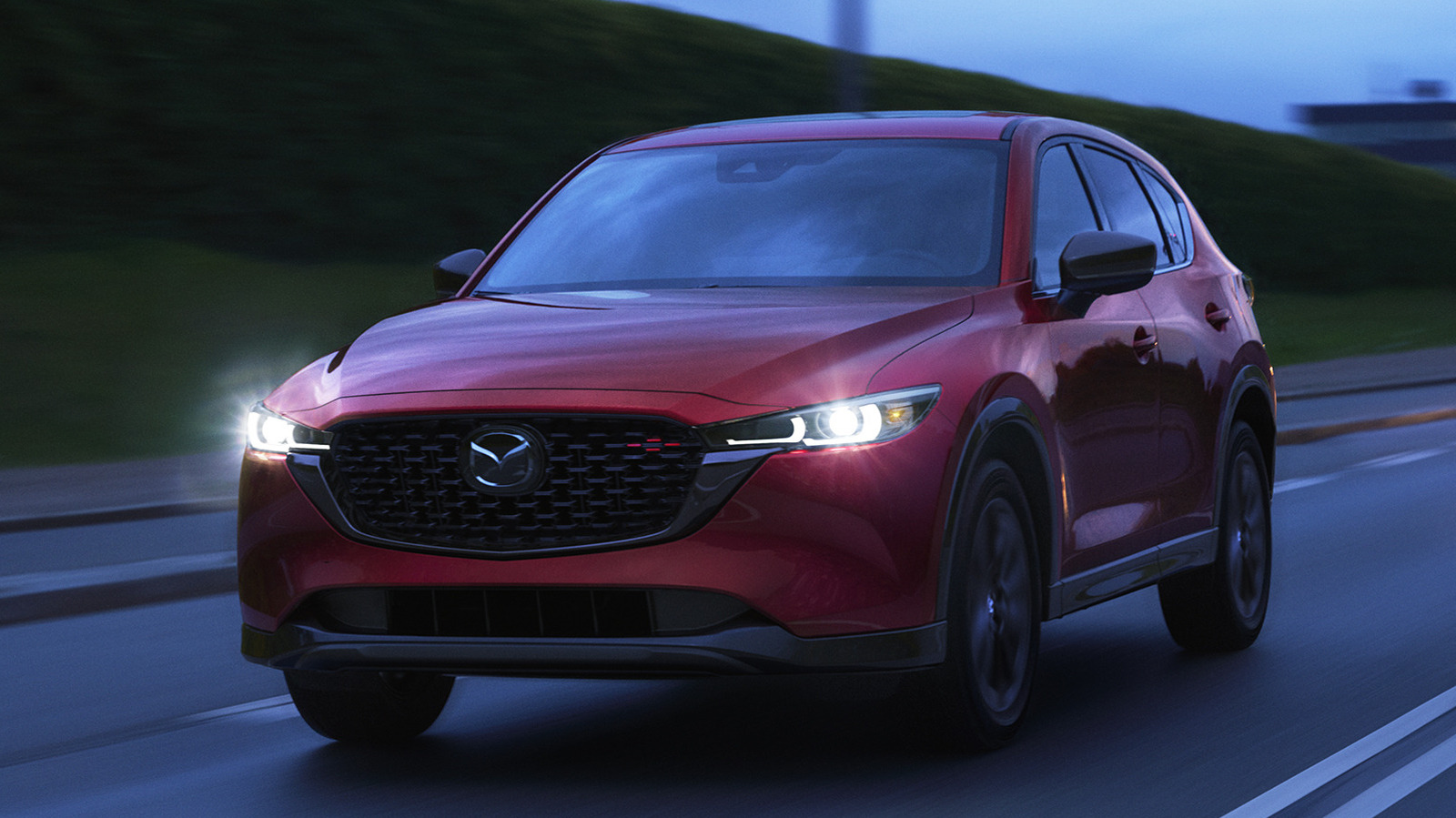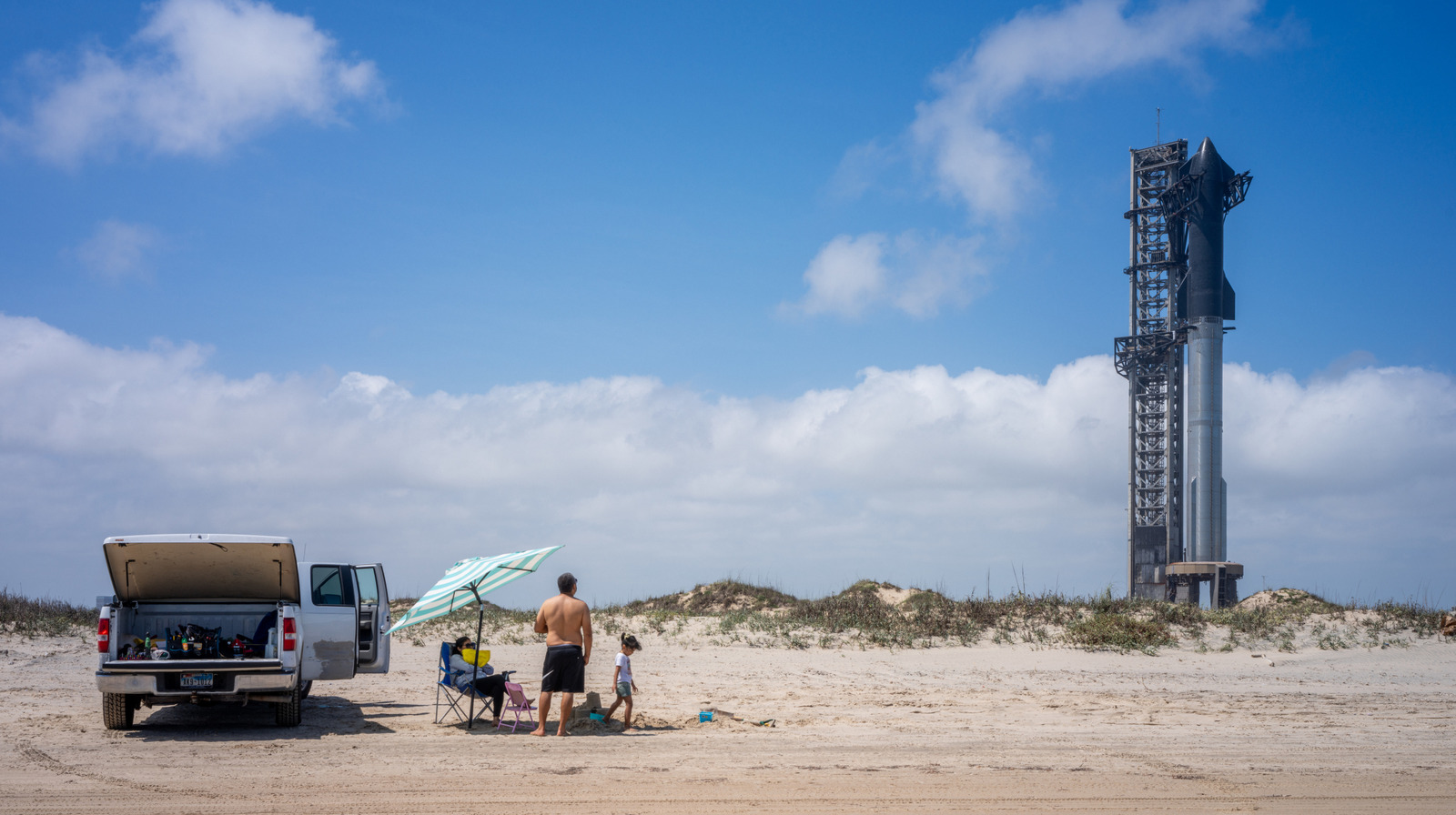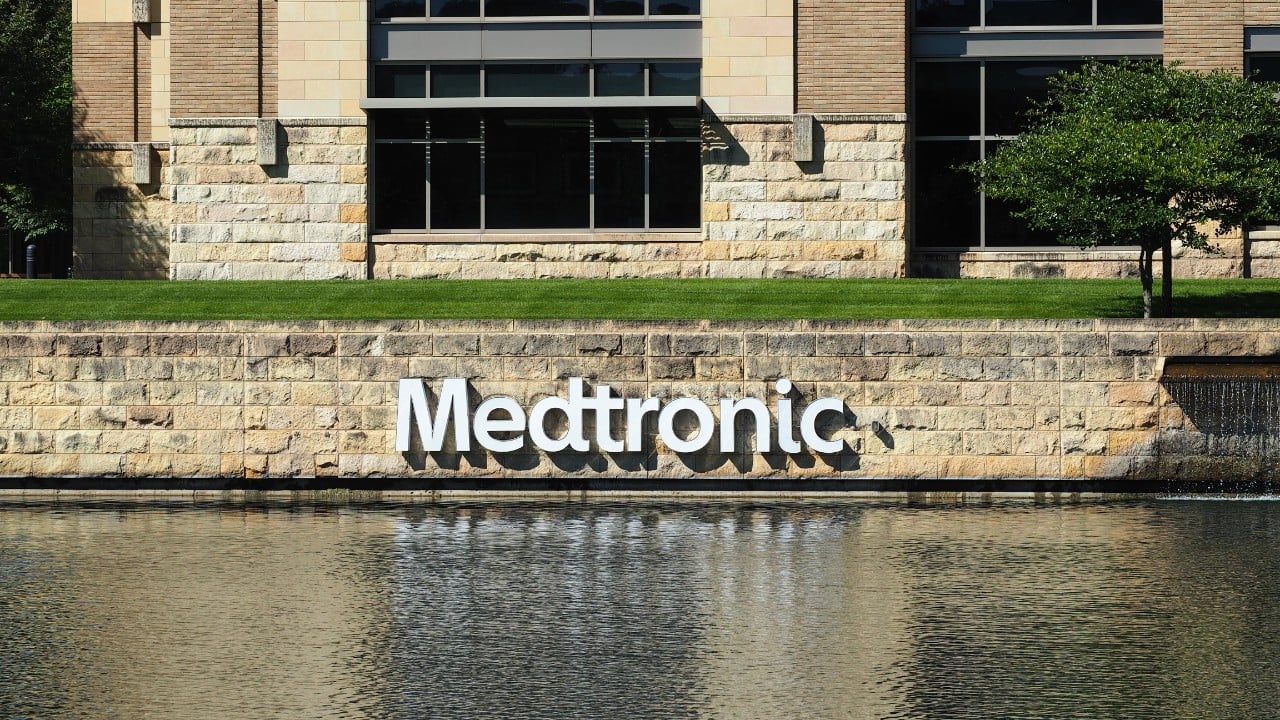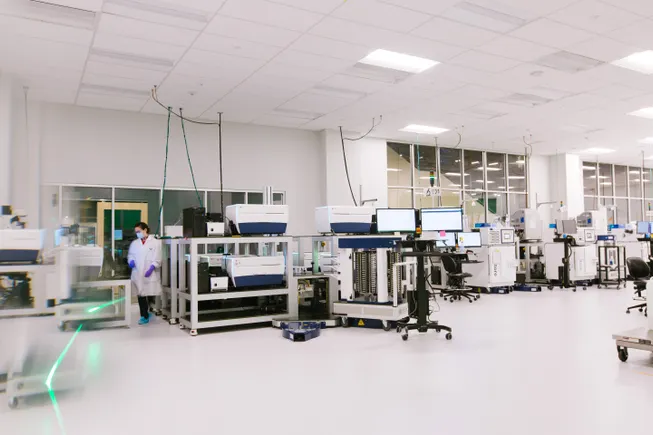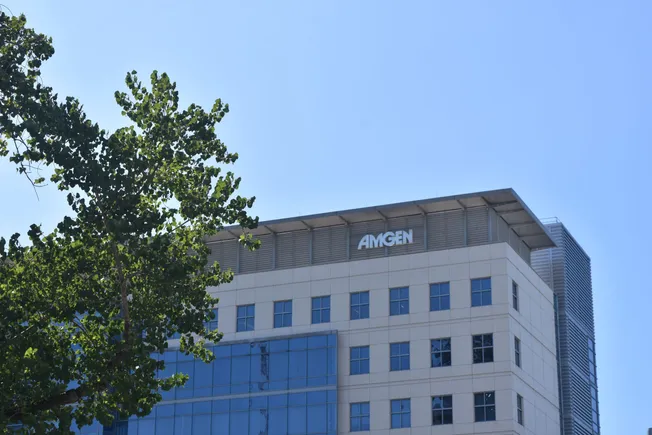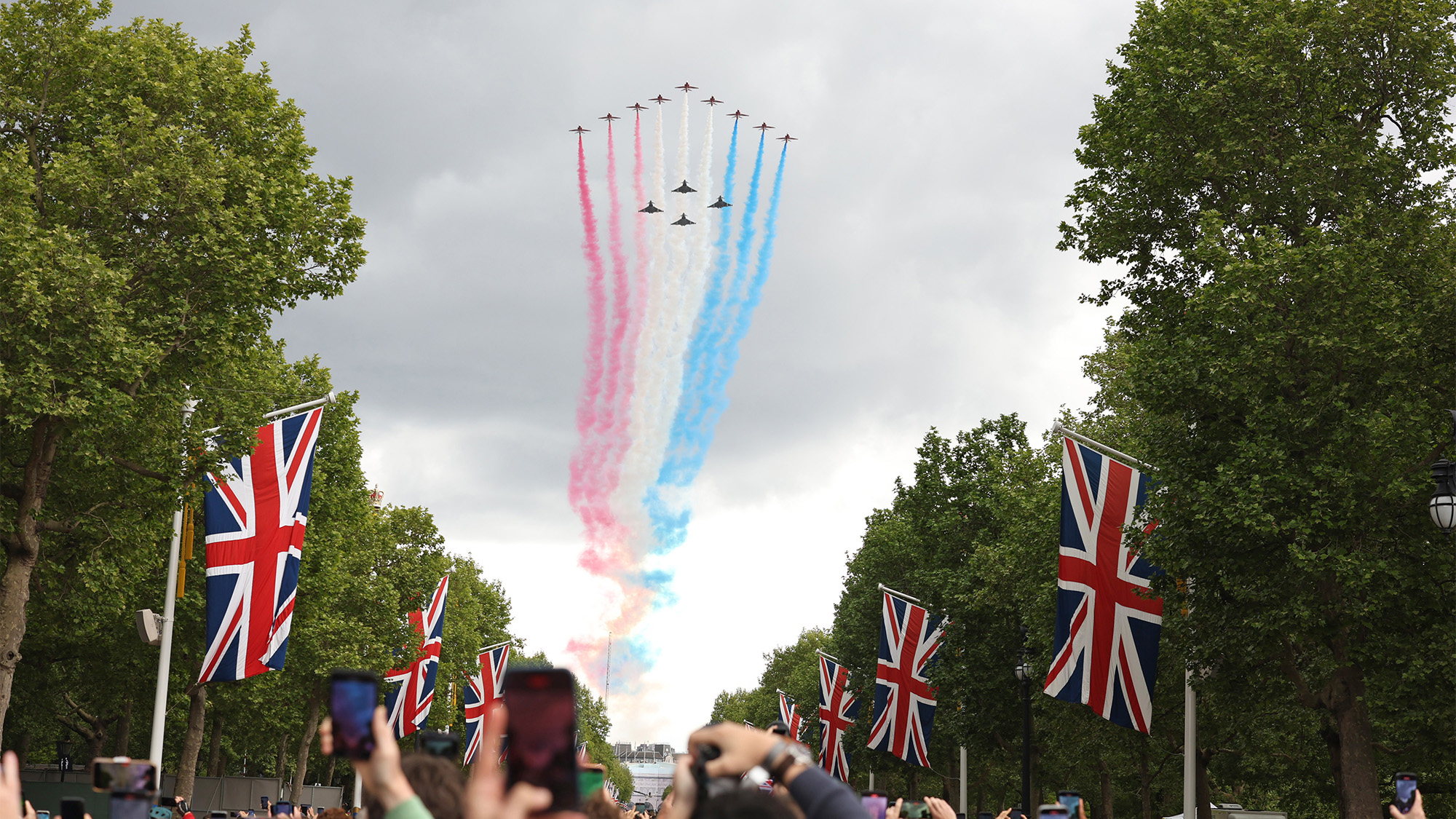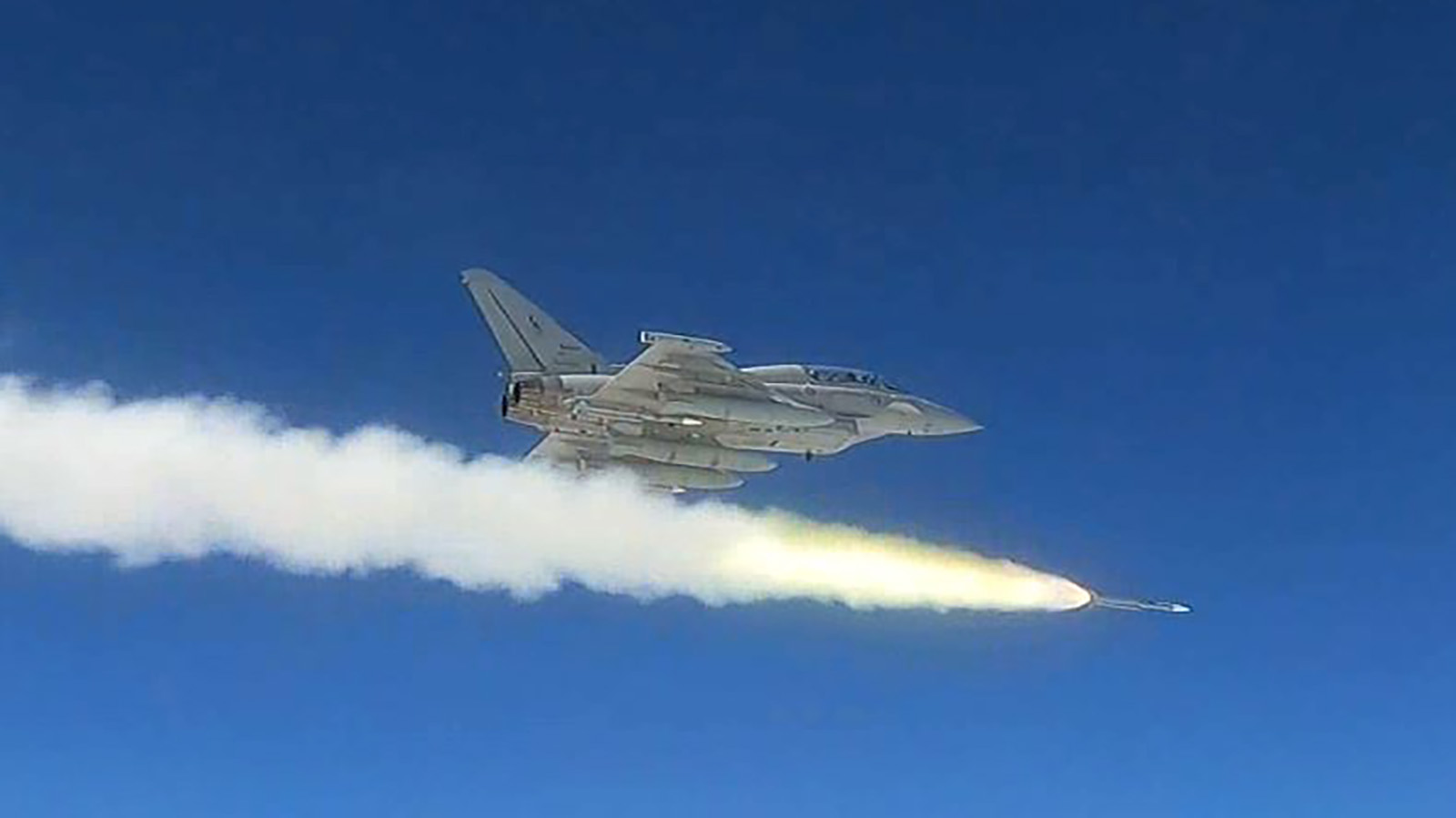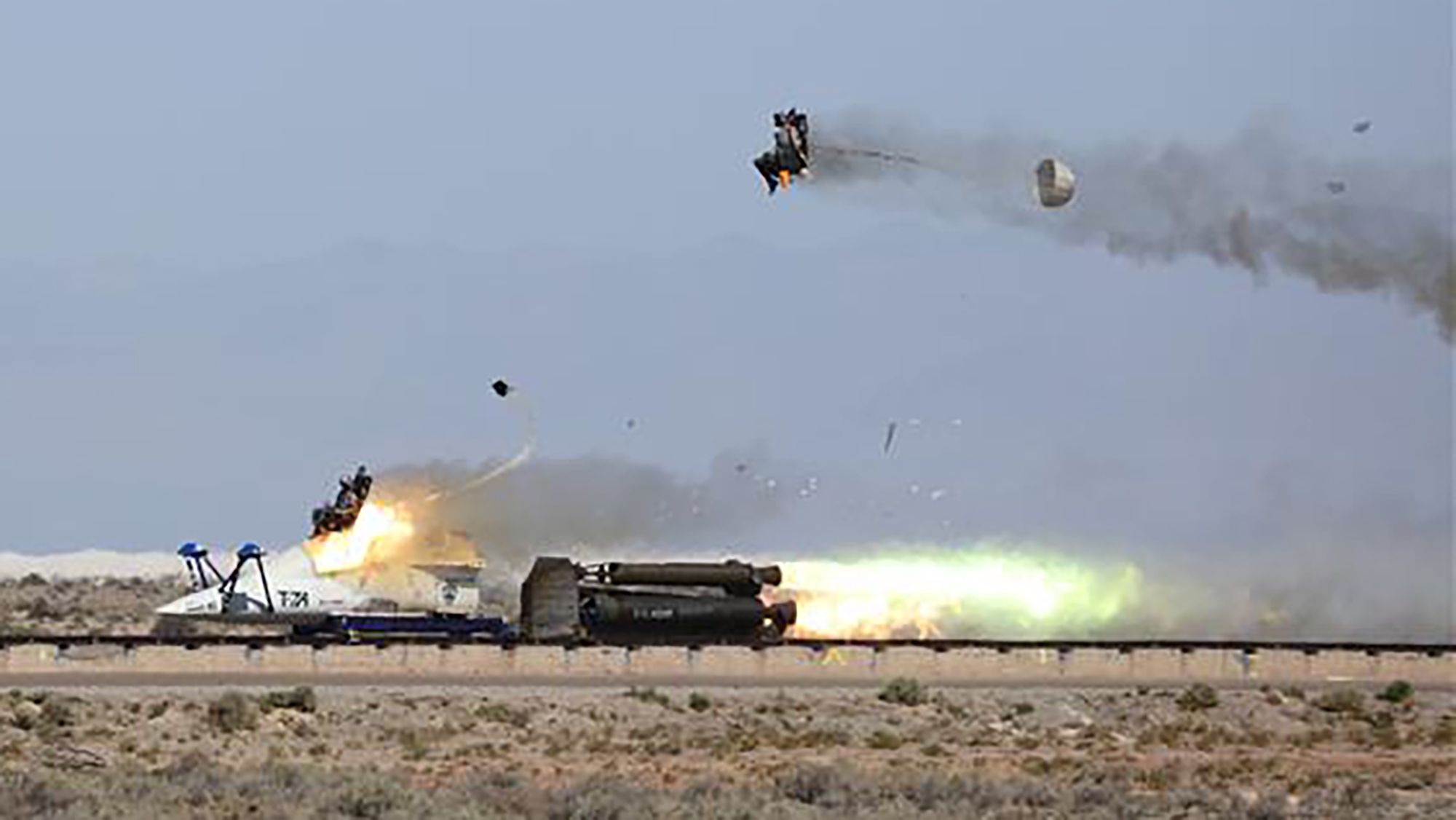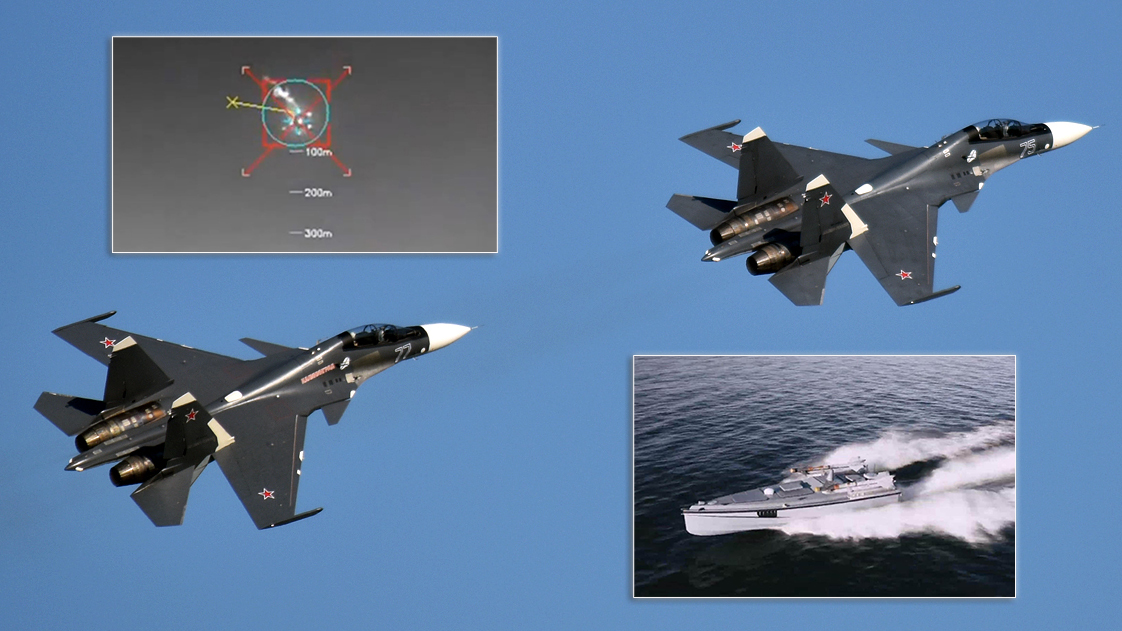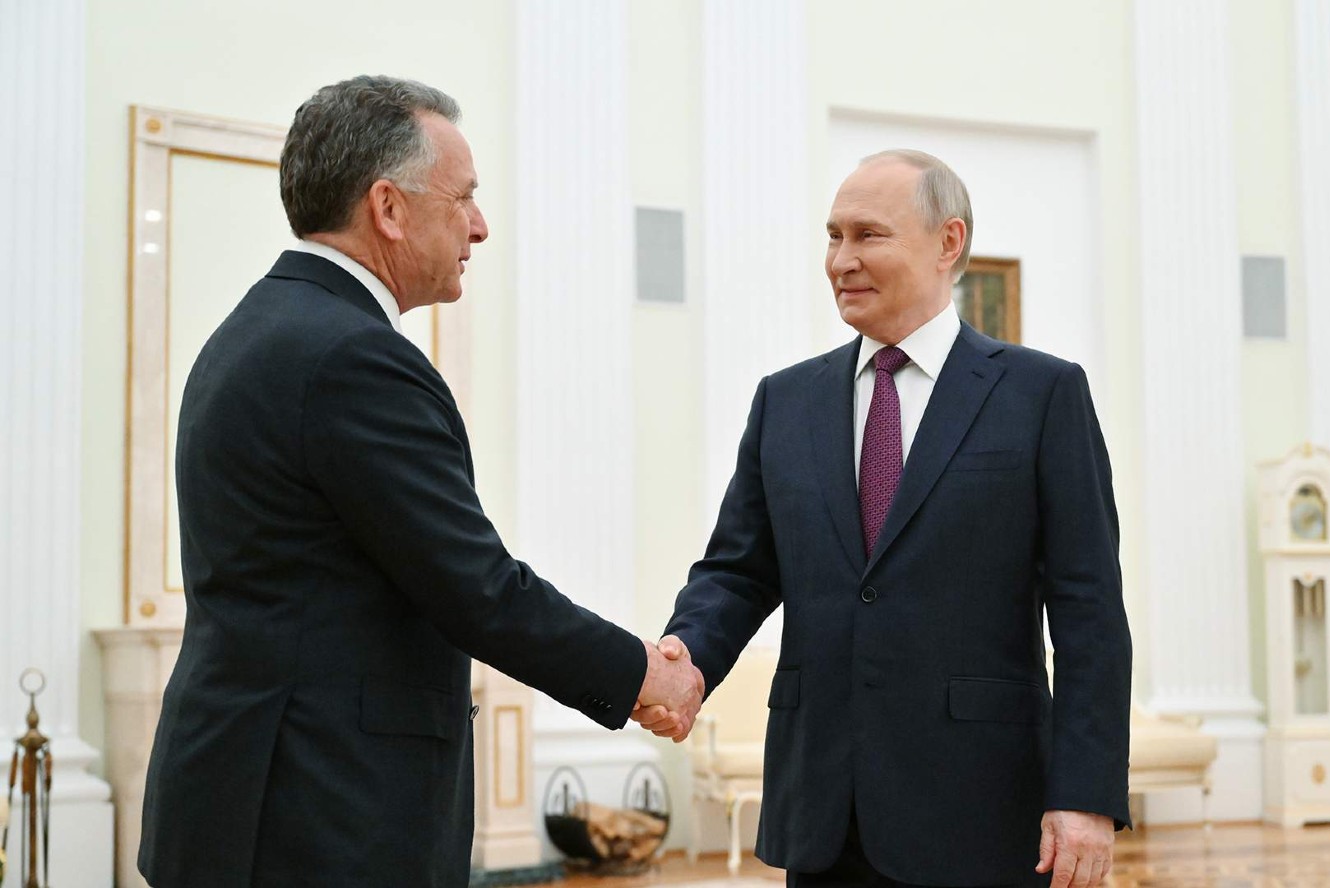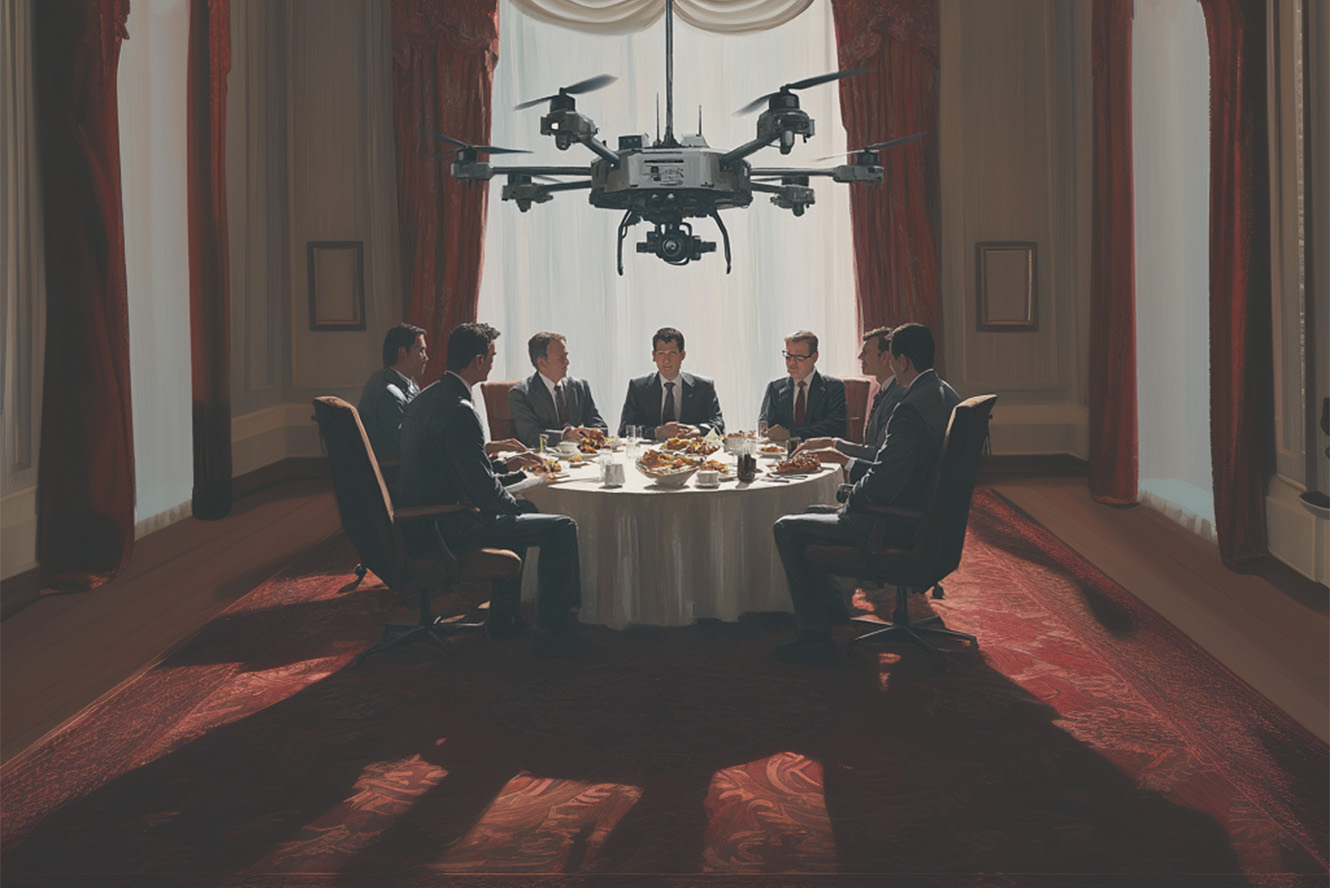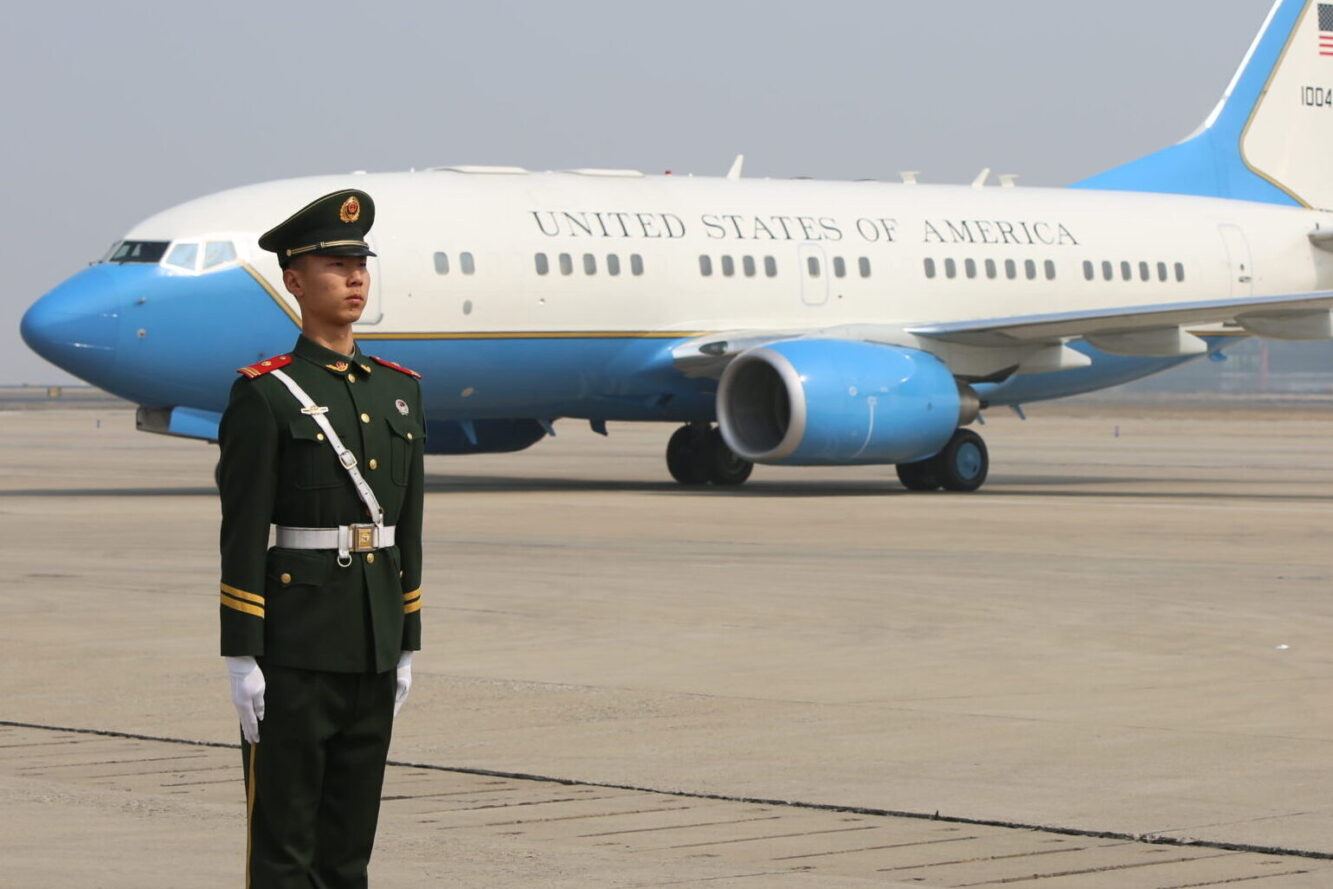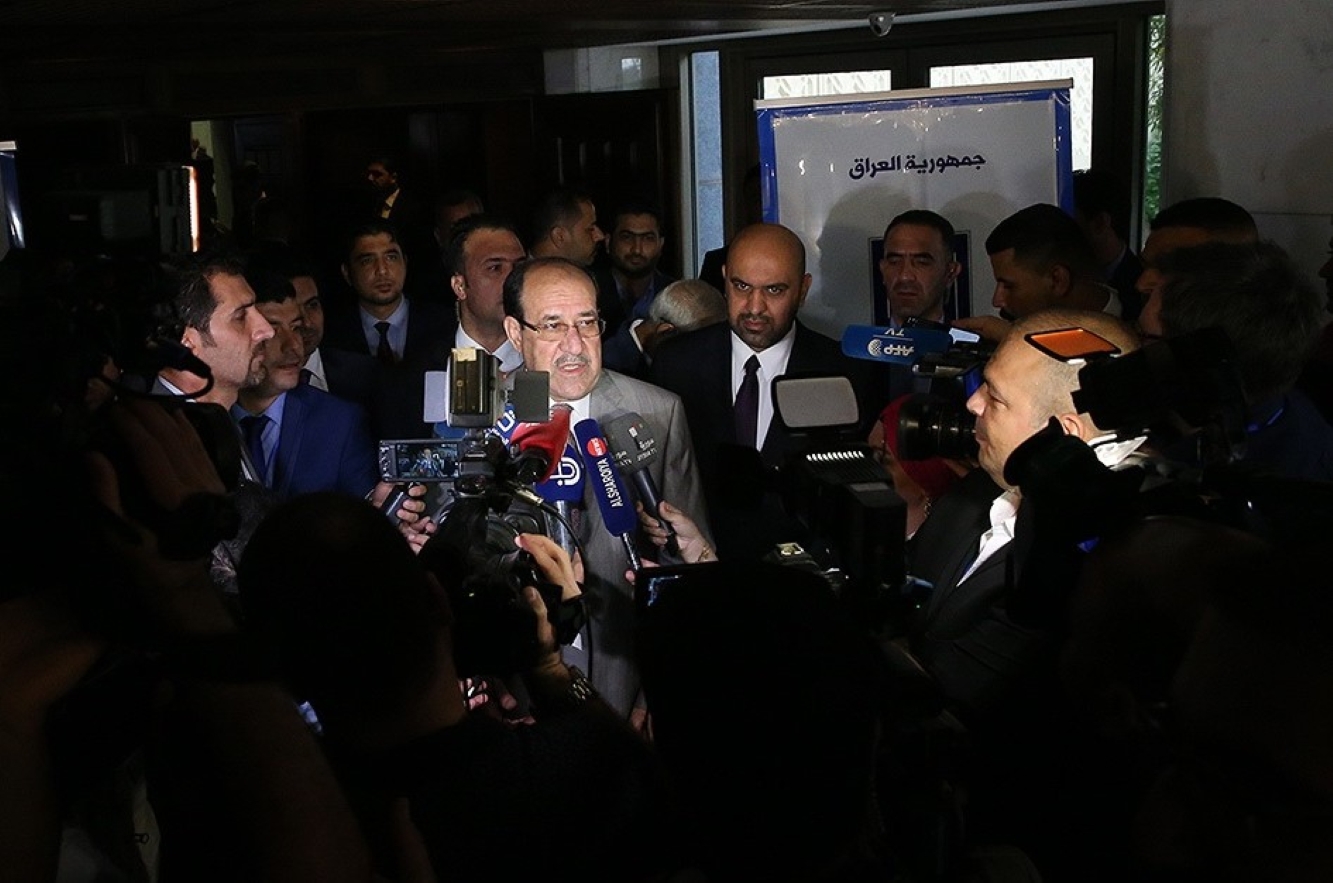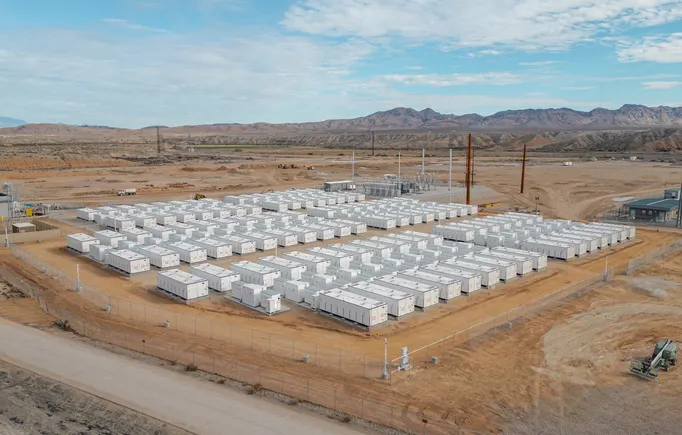Golden Dome’s need for more SBIs may moot savings from lower launch costs: CBO
The smaller SBI price tag enabled by the drop in launch costs could be offset by the need for a much larger number of satellites to fulfil Trump’s Golden Dome plan, the Congressional Budget Office study caveats.


An Atlas V CST-100 Starliner rocket successfully launches over a Redstone rocket at Cape Canaveral Air Force Station, Fla., Dec. 20, 2019. (U.S. Air Force photo by Senior Airman Dalton Williams)
WASHINGTON — The dramatic drop in launch costs since the early aughts could chop the price of developing and deploying space-based interceptors (SBI) by 30-40 percent, according to an initial analysis by the Congressional Budget Office (CBO).
But that finding comes with a caveat, CBO says in a May 5 letter to the leaders of the Senate Armed Services strategic forces subcommittee: The Trump administration’s Golden Dome plan is likely to require many more SBIs than earlier concepts studied by the US government aimed at defeating only incoming nuclear missiles from North Korea.
CBO was asked to review the effect of today’s cheaper launch prices on SBI constellations by SASC subcommittee Chair Sen. Deb Fischer, R-Neb., and ranking member Sen. Angus King, I-Maine. The office based its findings on studies published by CBO in 2004 and the National Research Council (NRC) in 2012. Each of those studies looked at a number of options for constellations of various sizes and differing performance levels with regard to how many missiles could be intercepted.
Launch costs during those times ranged between $9,800 to $10,600 per pound, as opposed to the average cost today of some $1,200 per pound.
“By themselves, decreases in launch costs could reduce the previous estimates of the 20-year costs of various SBI constellations by 30 percent to 40 percent, CBO finds,” the letter says.
“For the lowest-cost alternative that CBO examines here, the reduction in launch costs would cause the total estimated cost of deploying and operating the SBI constellation for 20 years to fall from $264 billion to $161 billion (in 2025 dollars). For the highest-cost alternative that CBO examines, the total estimate would fall from $831 billion to $542 billion,” it adds.
That said, CBO explains that there are “two major factors that could lead to higher costs for space-based missile defenses.” The first is the fact that North Korea has expanded both the number of ICBMs in its arsenal and its “sophistication.” The second is that the Golden Dome concept envisions a much more expanded missile defense shield to include attacks by peer and/or near-peer adversaries with “military capabilities similar to those of the United States.”
Golden Dome thus “could require a more expansive SBI capability than the systems examined in the previous studies.” CBO noted that per the senator’s request, it is working on a new SBI cost-effectiveness study to factor in likely Golden Dome requirements.



























